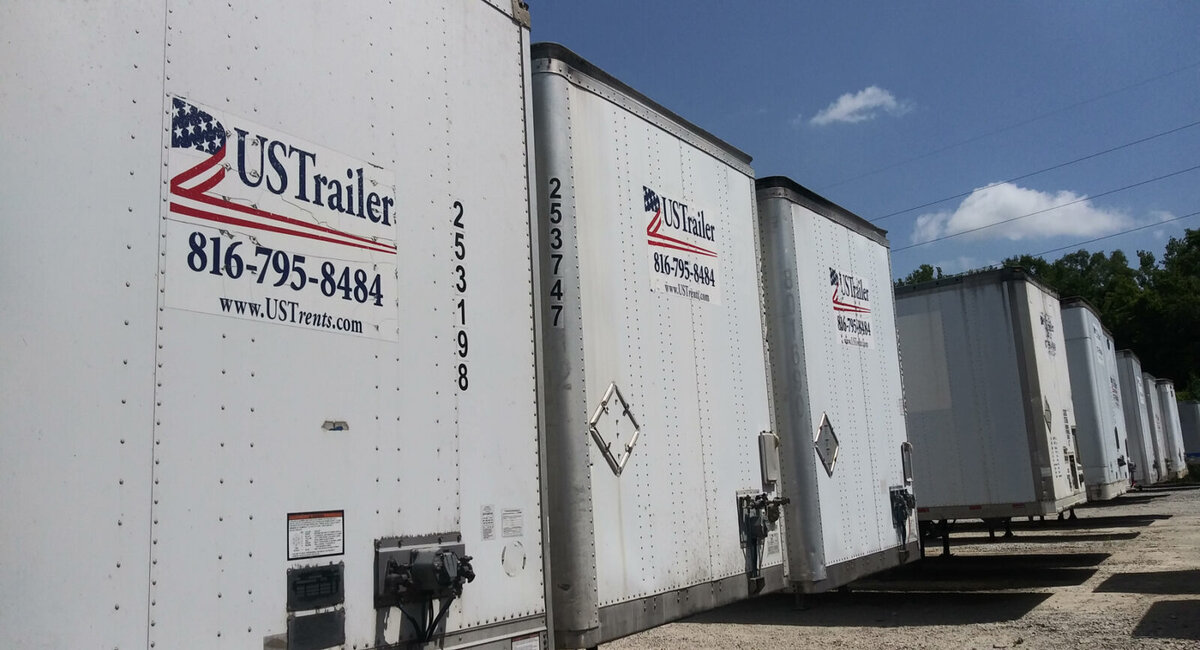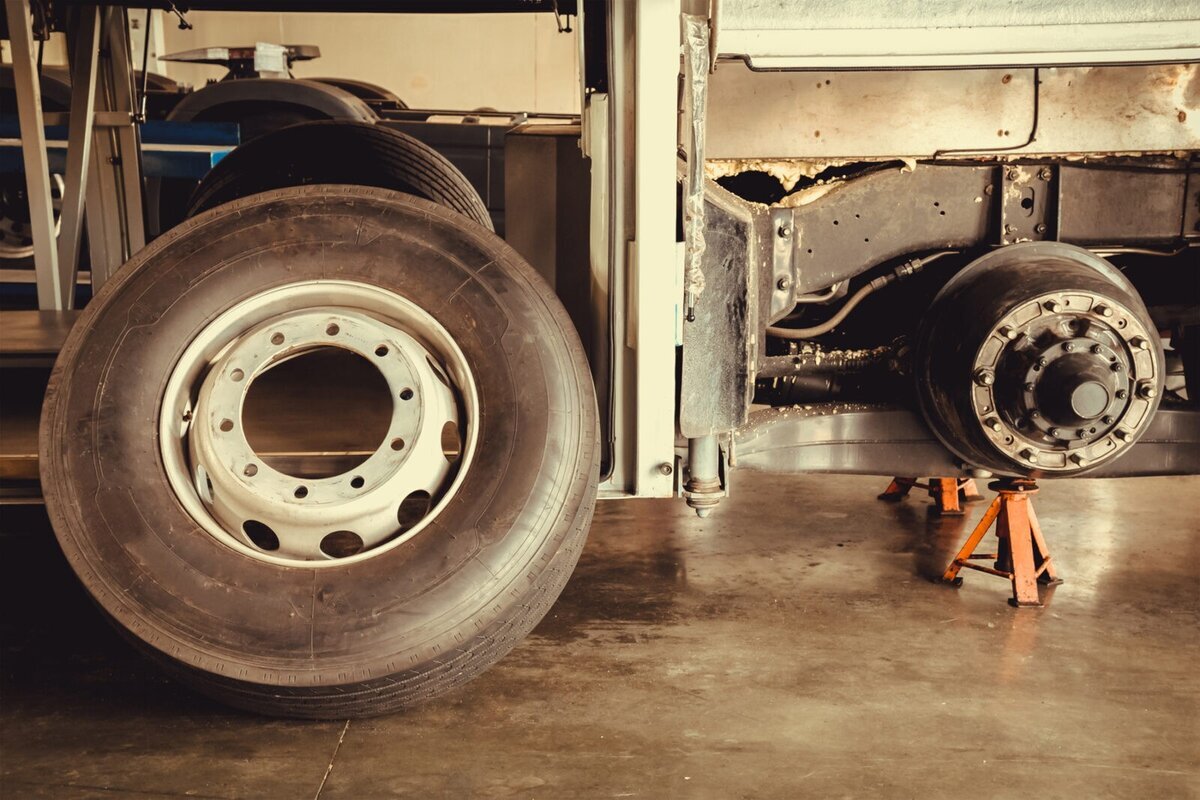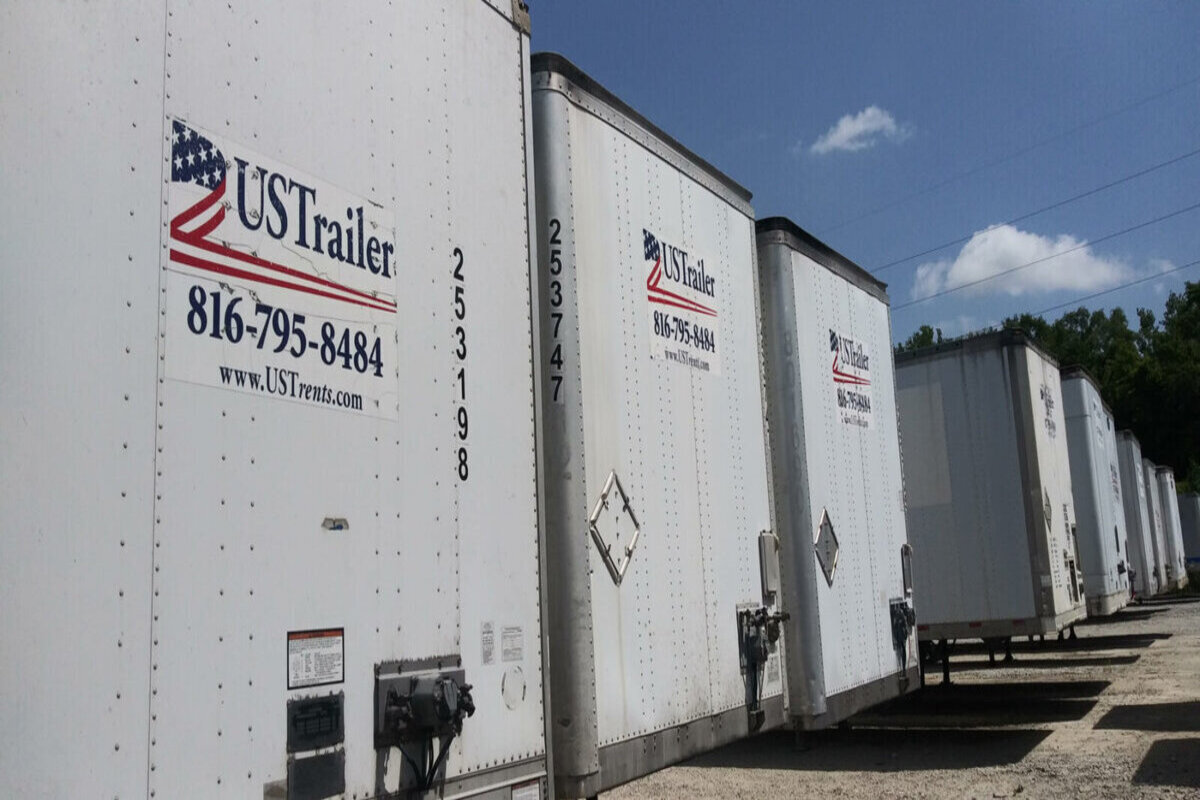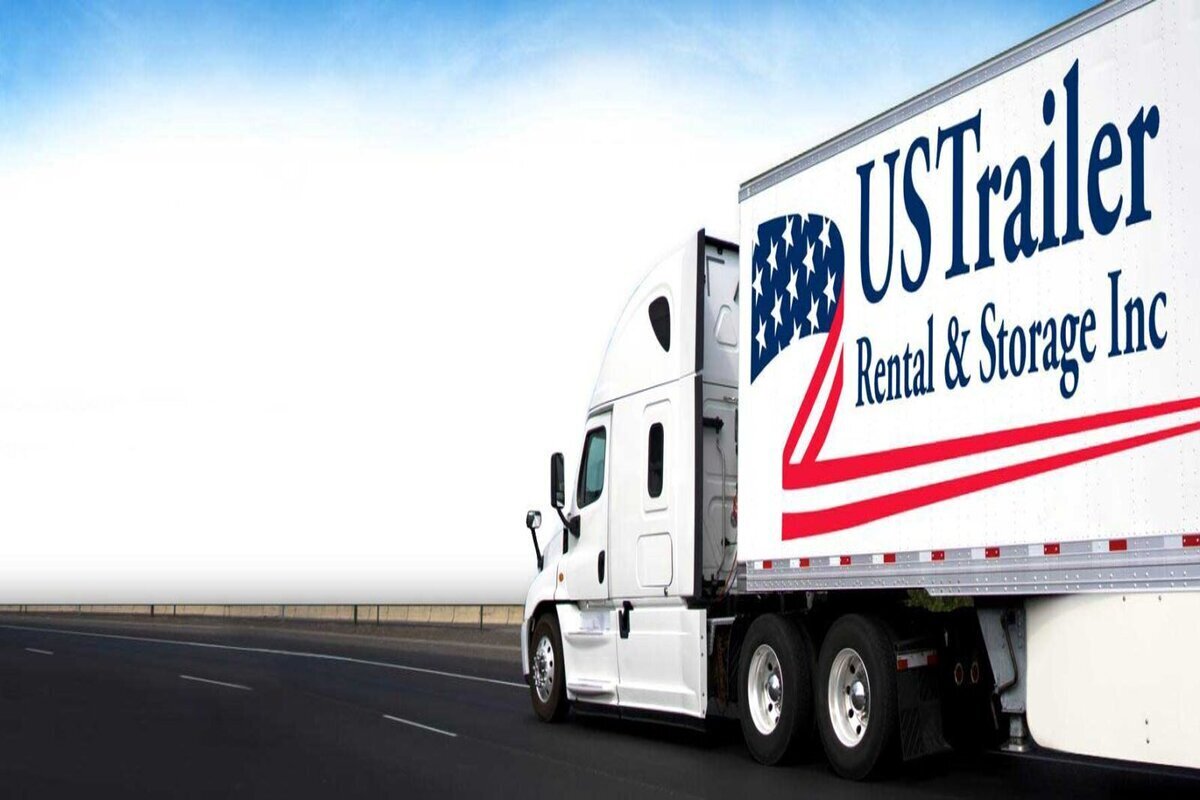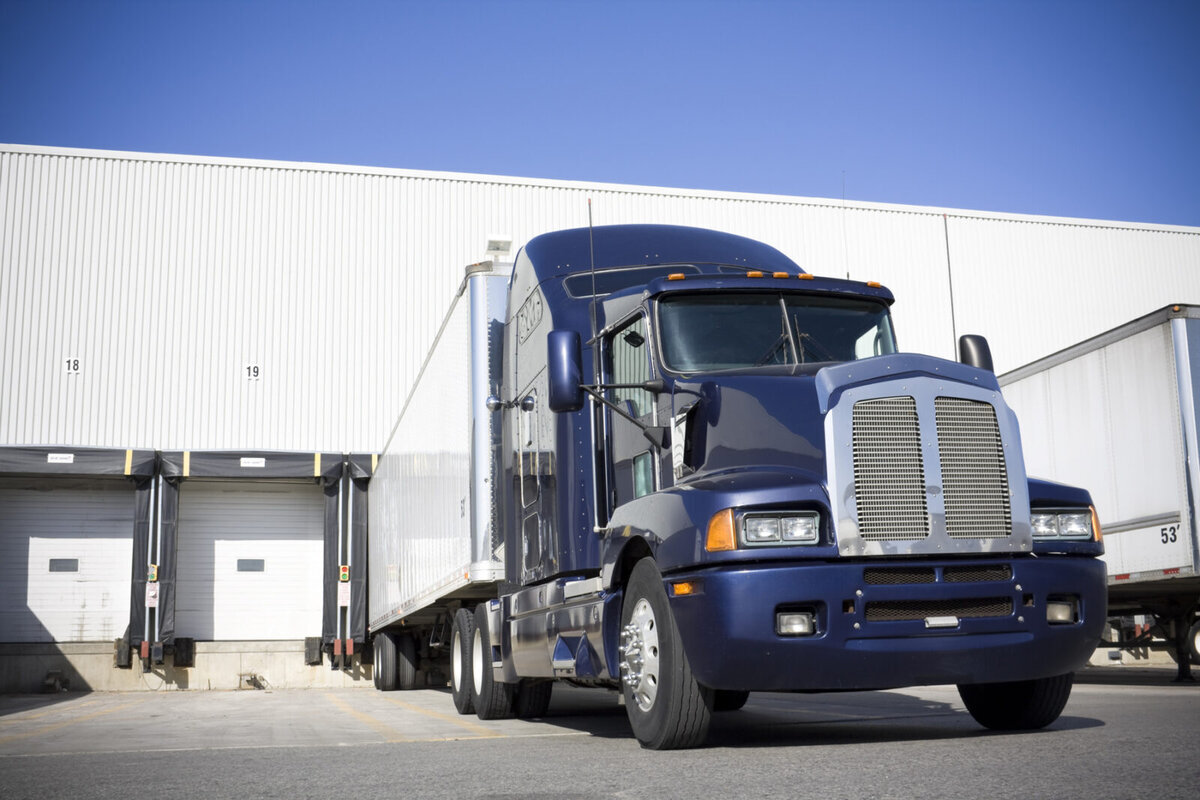Dry van trailers have been a staple in the trucking industry for decades, serving as one of the primary means of transporting goods across the country. These enclosed trailers are designed to keep cargo safe from external elements. However, like any other piece of equipment, they come with their own set of advantages and disadvantages. This article aims to provide a balanced view of the features, benefits, and potential drawbacks of using these trailers.
What is a Dry Van Trailer?
A dry van trailer, commonly just referred to as a ‘dry van’, is a rectangular box trailer typically used for the transportation of non-perishable goods. Made predominantly of aluminum or a combination of aluminum and steel, they are designed to keep cargo dry, hence the name. These trailers don’t have temperature controls like their refrigerated counterparts, which are specifically designed for perishable goods.
The Pros of Using Dry Van Trailers
Versatility
One of the primary benefits of dry vans is their versatility. They can carry a broad range of non-perishable goods, from electronics and machinery to furniture and packaged food products.
Protection from Elements
Dry vans provide protection from weather-related factors like rain, snow, and excessive heat, ensuring goods are delivered in the same condition they were loaded.
Availability
Due to their widespread usage, it’s relatively easy to find and hire a dry van for transportation needs. This high availability often translates to competitive pricing for businesses.
Ease of Loading and Unloading
The structure of dry vans facilitates easy loading and unloading. Most come with a set of doors at the rear, and some even have doors on the side, accommodating various loading docks and conditions.
The Cons of Using Dry Van Trailers
Lack of Temperature Control
Unlike refrigerated trailers, dry vans lack temperature control, limiting their use primarily to non-perishable items. This can be a disadvantage if there’s a need to transport goods that require specific temperature settings.
Size Constraints
Though spacious, dry vans have defined size limits. Extremely large or oddly-shaped items might not fit, requiring alternative transport solutions.
Potential for Damage
While dry vans protect against the elements, they don’t necessarily prevent damage from jostling or sudden movements during transit. Goods inside may need additional packaging or protection.
Not Ideal for Bulk Liquids
For businesses that need to transport bulk liquids, dry van trailers aren’t the ideal solution. Tanker trailers, designed specifically for such cargo, would be more appropriate.
Dry Van Trailers vs. Refrigerated and Flatbed Trailers
Refrigerated Trailers
Also known as ‘reefers’, these trailers come with temperature controls, making them ideal for perishable goods. However, they tend to be more expensive than dry vans, both in terms of acquisition and operation due to the refrigeration unit’s power requirements.
Flatbed Trailers
These are ideal for oversized cargo or items that require loading from the side or top. However, goods on a flatbed are exposed to external elements unless additional protective covering is used.
Conclusion
The choice of whether to use a dry van trailer hinges on specific transportation needs. They offer unmatched versatility for a wide range of non-perishable goods, ensuring protection from external factors. However, for temperature-sensitive or oversized cargo, alternatives might be more suitable. By understanding the pros and cons of dry van trailers, businesses can make informed decisions that cater to their logistical requirements efficiently.

